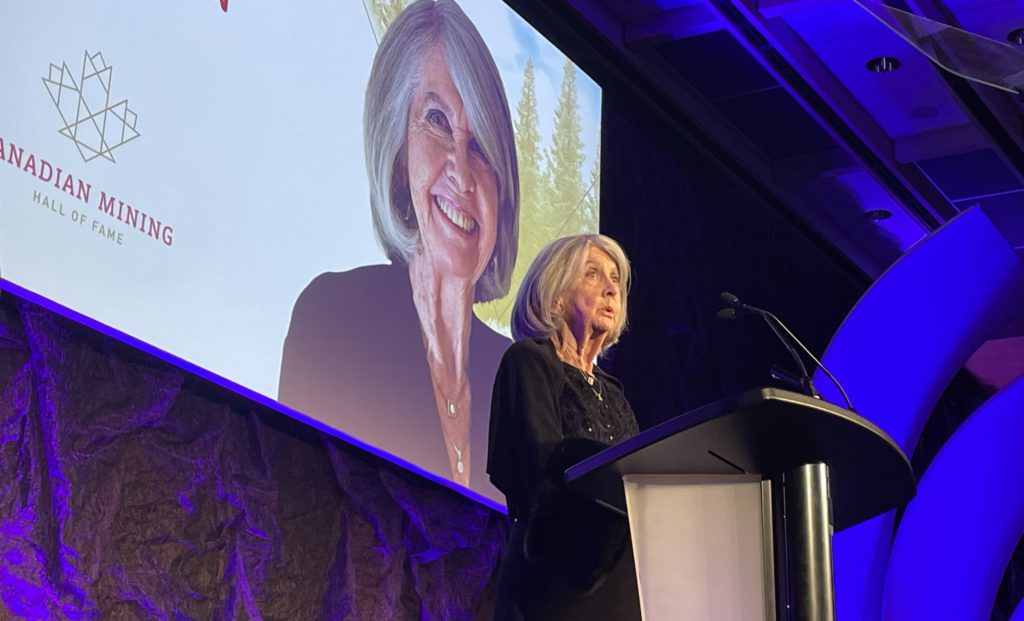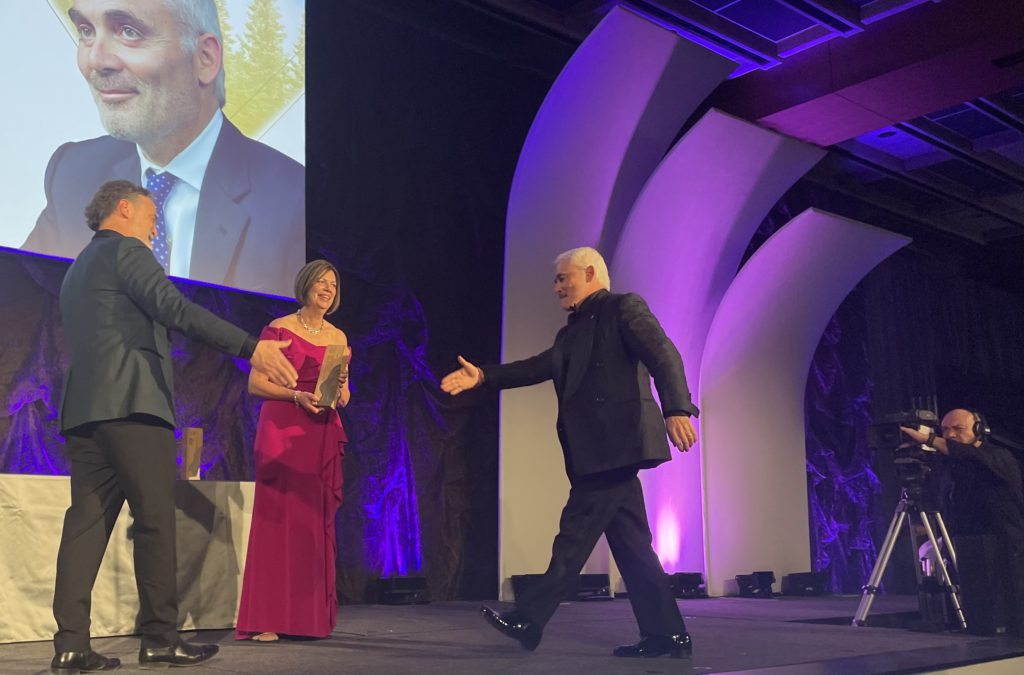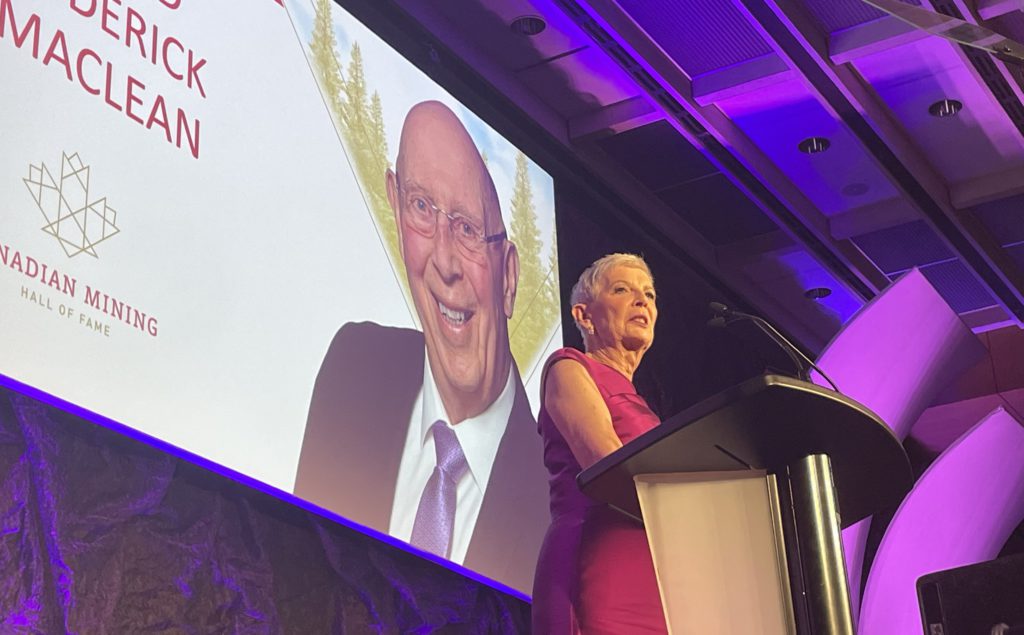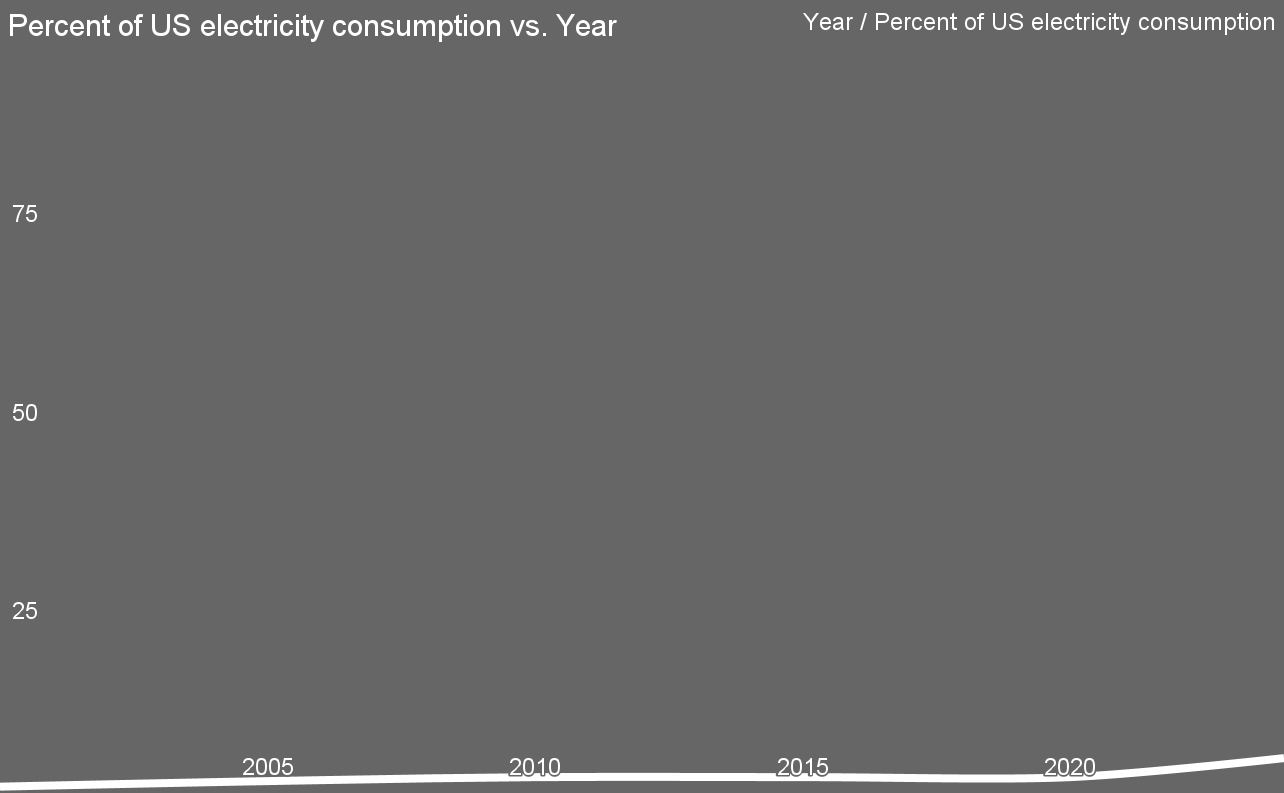Sean Boyd, the chair of Agnico Eagle Mines (TSX: AEM; NYSE: AEM), recalled when the company’s performance prompted CNN’s Mad Money host Jim Cramer to eat a crow sandwich on air. Boyd’s mother was watching.
“That man wasn’t very nice to you today,” she said.
Cramer was recanting his conviction after only a poor quarter. Boyd never wavered in his commitment and actually booked the TV appearance to avoid accusations of ducking out when times were tough.
“The producer said ‘Well, thanks for coming on, at least you got to give your side of the story,’” Boyd recounted. “And I said, ‘Remember: I called you,’ and he said, ‘That’s why you’re coming on again.’”
The perseverance and support for media as he built Agnico into a $60-billion company are some of the traits that landed Boyd a place Jan. 9 in The Canadian Mining Hall of Fame. The 37-year-old institution was itself hatched by Mort Brown, then-publisher of The Northern Miner, and then-Agnico chair Paul Penna. Boyd was in the room that day.
“Paul and Mort were fabulous businessmen, great storytellers,” he said. “They understood the importance of mining to Canada, and they understood the importance of celebrating the tremendous achievements of the industry and the tremendous and extraordinary goodness of this industry.”

Sheahan, Giustra, MacLean
Other parts of that goodness and achievement honoured on stage at the Toronto Convention Centre were newsletter publisher Patricia Sheahan, investor Frank Giustra and equipment designer Donald MacLean.
Sheahan studied Russian at night so she could translate a trove of documents on diamonds. It helped her become an integral part of Canada’s development of the industry in the 1990s.
“It gave me actually the alphabet and key words,” Sheahan said in a video at the ceremony. “So, if I came across something, I would Xerox it and keep it.”
Sheahan started in the industry in 1959, fresh from Carleton University’s geology program. She became a consultant to Selco Exploration and a few others until 1978, when she started her own company, Konsult International.
Two tonnes
It was then she started the Sheahan Literature Service with newsletters first on gold and base metals, and diamonds later. By 1999, she had compiled two tonnes of paper-based research, which she donated to the minerals deposit research unit at the University of British Columbia.
“It’s not common for a woman of my generation to work and travel and build a career in this industry,” a frail Sheahan, suffering from cancer in her late 80s, said from the stage. “Many previous inductees have been mine builders. I choose to think my work has supported mind, as in m, i, n, d building.”
She gave one-day diamond courses at the Prospectors and Developers Association of Canada and chaired the group’s diamond technical sessions for 30 years. Sheahan was the first woman to join the Engineers Club of Ontario, later the Ontario Club, and served two terms as chair and president.
Sheahan was director of seven junior exploration companies, and was involved in three small diamond mines in Zimbabwe, Colorado and Nunavut. She helped John Kaiser assemble all diamond reference material from 1800 onwards into a searchable database on his Kaiser Research website.
“It was important to me that the listings for all meaningful public global diamond information is still available including Canada’s birth as a diamond producer up to 2022,” she said. “I still have the passion to play a role in this great industry, but sadly, not the energy.”

Telfer jokes
Giustra, a co-founder of the companies that became Endeavour Mining (TSX, LSE: EDV) and Wheaton Precious Metals (TSX: WPM, NYSE: WPM; LSE: WPM), lampooned his former business partner and hall of famer Ian Telfer.
“This achievement would have never been possible without the leadership of Ian Telfer,” Giustra read from a speech he claimed Telfer wrote for him.
“The truth is that I’m a bit of a fraud, really. Yes, I often come up with ideas, assemble talented people around me, raise the initial rounds of capital, etc., but then I let everybody else do all the hard work while I spend all my time running around, giving speeches and collecting awards.”
In reality, Giustra, born to a miner father in Sudbury, Ont., started as a stockbroker before building Lionsgate Entertainment into one of the world’s largest independent film companies (American Psycho, The Hunger Games).
Uranium deal
He formed UrAsia Energy in 2005 with assets in Kazakhstan which SXR Uranium One took over in 2007 for US$3.1 billion. Rosatom, the Russian state nuclear corporation, bought Uranium One and de-listed it. The involvement landed Giustra in a “political shitstorm” in the United States as several media outlets attacked the deal, he said.
“What had been a huge market and business success was overshadowed by my selfish, US$30-million donation to the Clinton Foundation’s HIV AIDS initiative,” he deadpanned. “My need for attention helped to tarnish the reputations of many of my associates, including Ian Telfer. I am deeply sorry that I allowed my global philanthropic ambitions to get in the way of business.”
Lately, Giustra’s Fiore Group owns 8% of West Red Lake Gold Mines (TSXV: WRLG; US-OTC: WRLGF), which aims to restart the Madsen mine in Ontario this year.
MacLean, who died in January 2024 after a 60-year career, combined engineering expertise, safety advocacy and innovative entrepreneurship. His father managed mines in Quebec and the 14-year-old son ran cargo canoes. After a McGill engineering degree, he was an underground shift boss at INCO near Sudbury.

Four plants
He sold equipment at Ingersoll Rand, then started his eponymous engineering company from his apple orchard barn at Thornbury on Georgian Bay in 1973. Now, it has four Ontario plants in Sudbury, Barrie, Collingwood and Owen Sound, plus branches in Mexico, South America, Australia and South Africa.
“Edith Piaf said in French ‘no, I will have no regrets,’” MacLean’s wife, Catherine, told the induction ceremony. “That’s how Don would have summarized his life. He gave it his all.”
MacLean Engineering pioneered the design and production of the scissor bolter to enhance the safety and efficiency of underground mining. They addressed the need for reliable ground support in challenging environments. There’s also the rubber-tire Long Tom pneumatic drill, the Blockholer and various electric vehicles.
“His concern about the effects of diesel-powered equipment in the mines drove his determination to produce the first McLean battery-operated bolter,” his wife said. “Don had a brilliant mind and was always 10 steps ahead of everyone else, while juggling multiple concepts at the same time.”
He was also a man of contrasts; country music yet classical, jazz and Piaf, too; mucking about in the barn; but also dressing up. He was known for sporting fedoras.
“Barely a day went by when he wasn’t stopped by a woman young or old telling him how much they loved his fedora,” she said. “Maybe that’s why he always wore them.”



